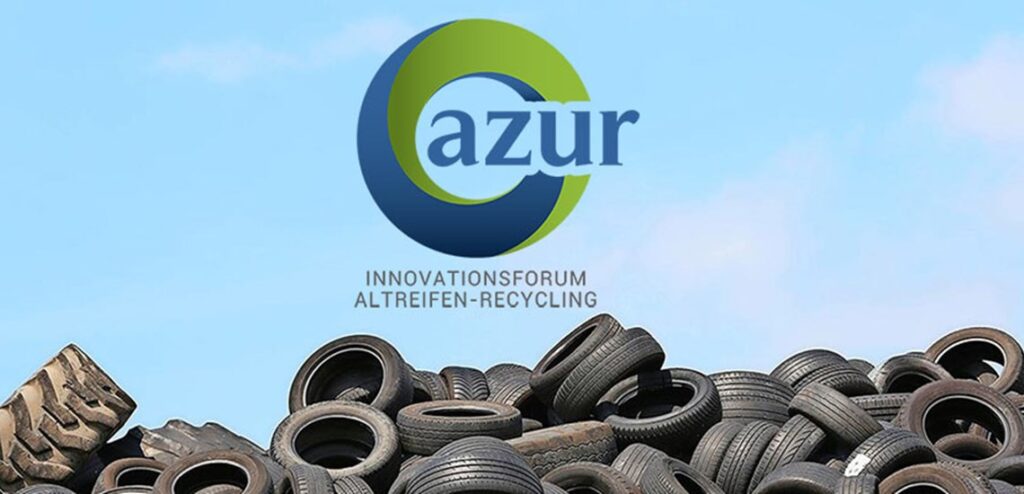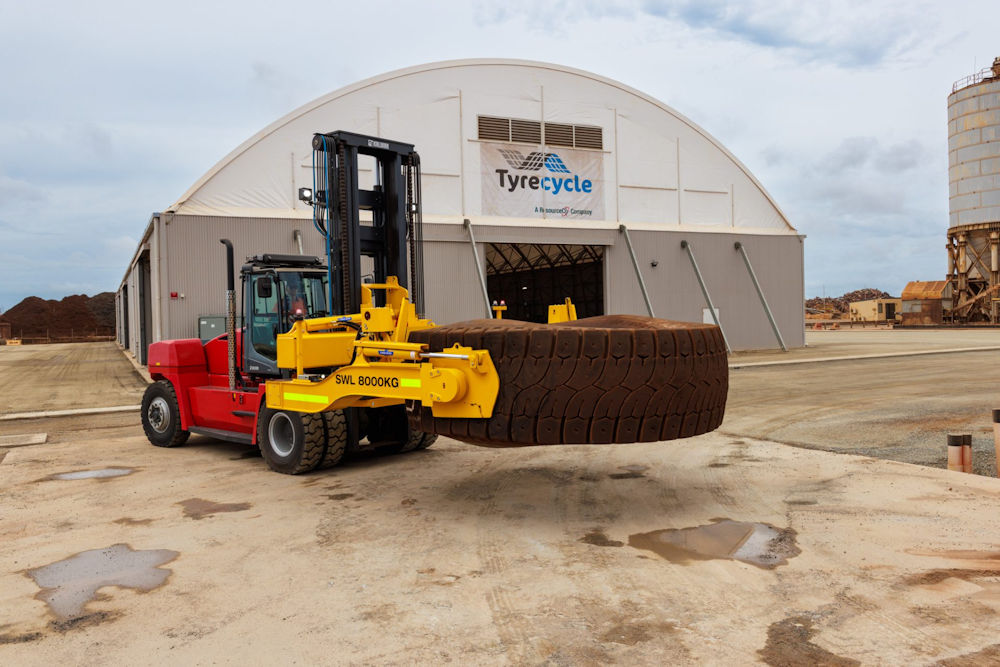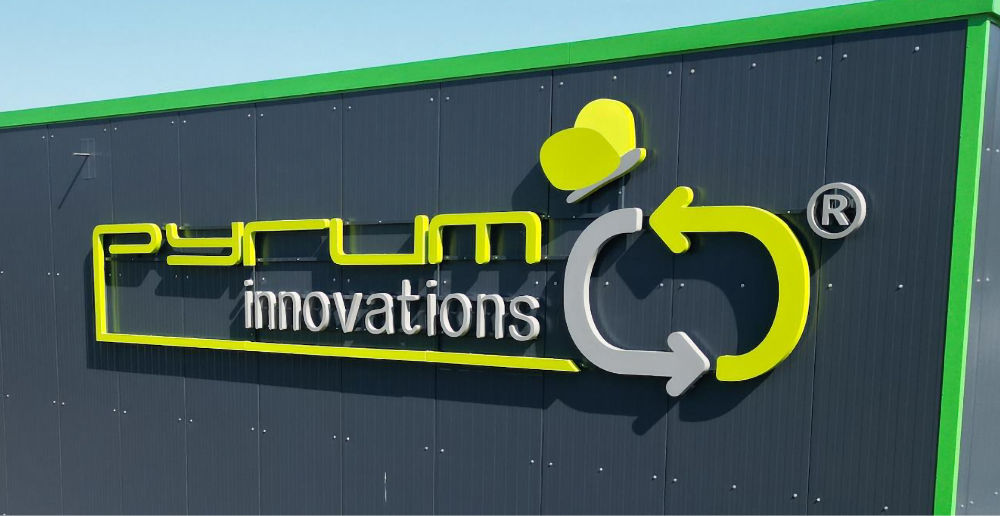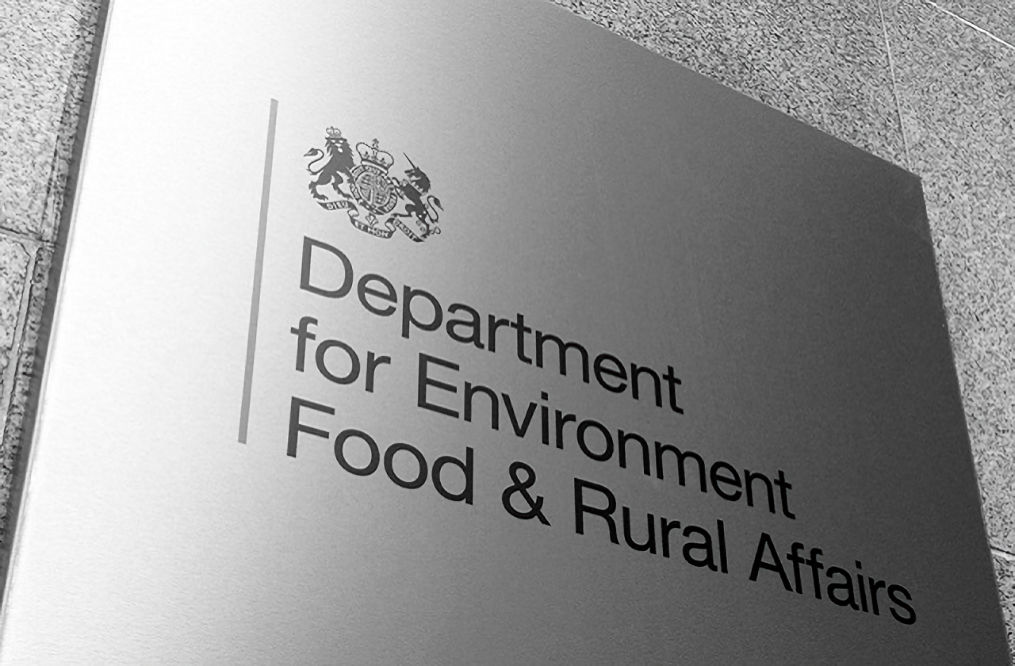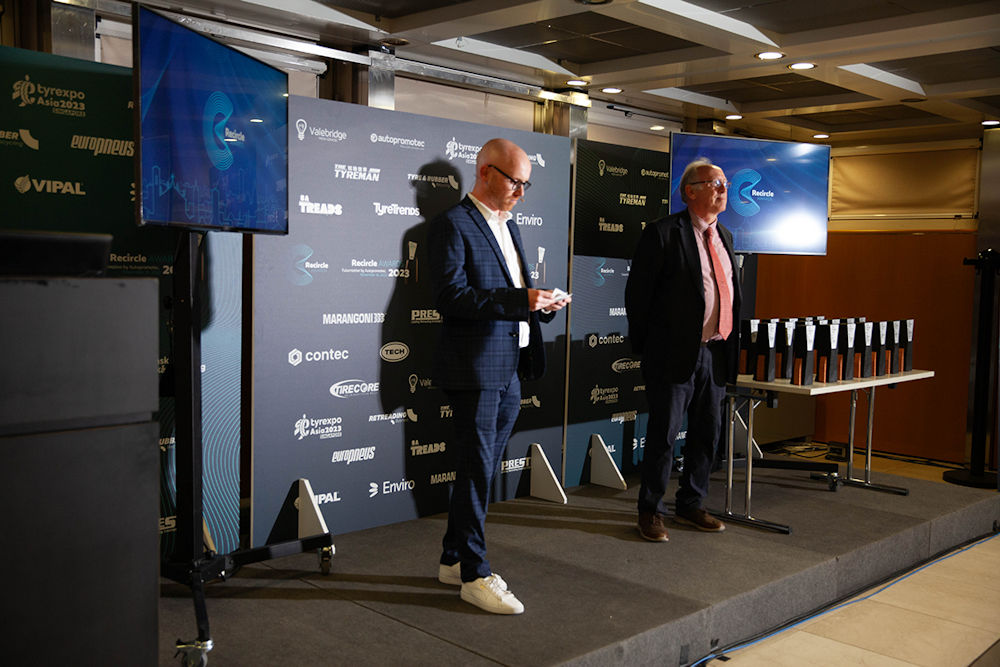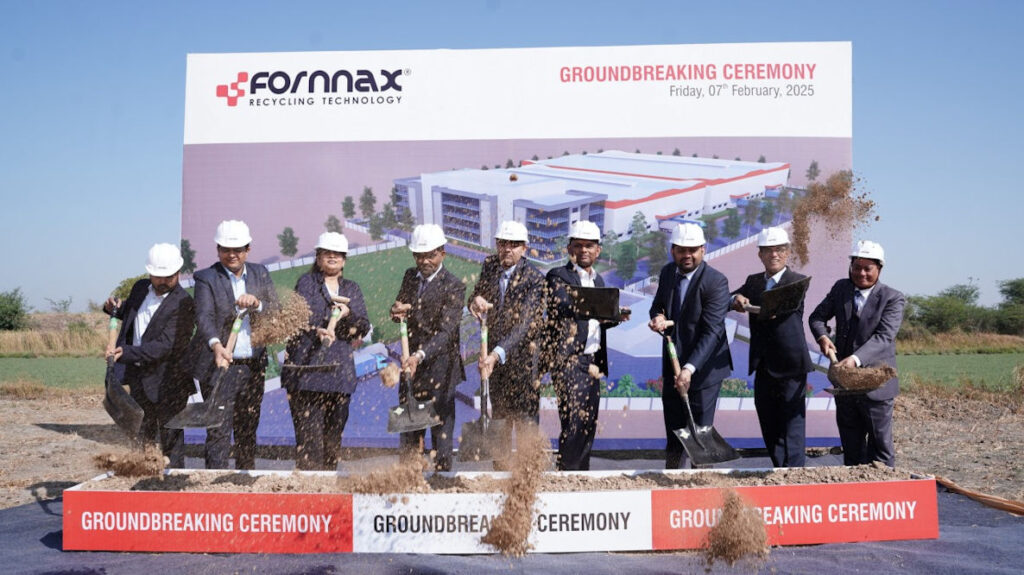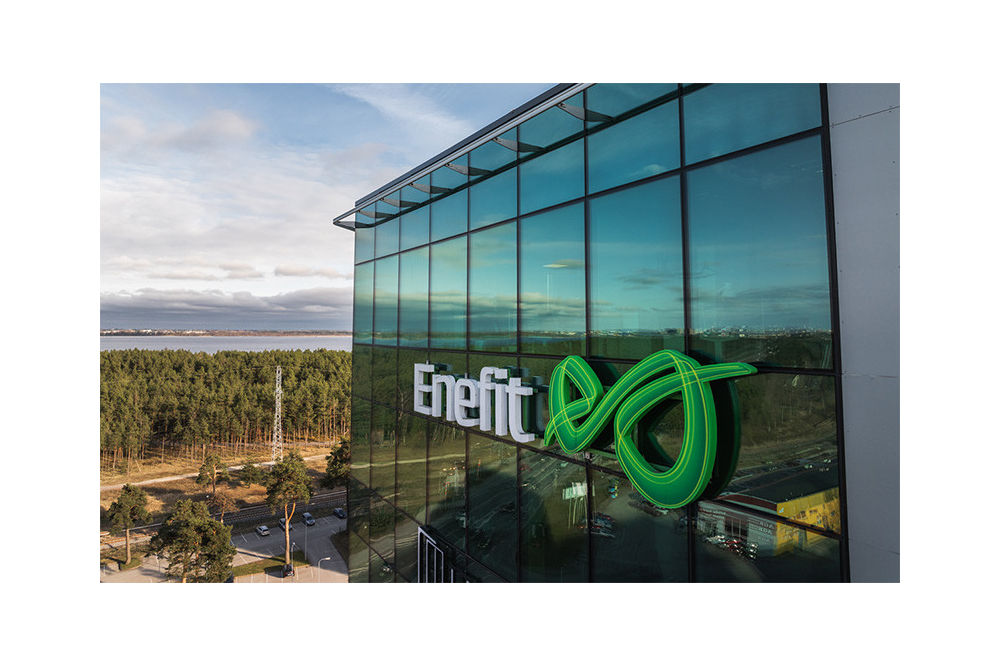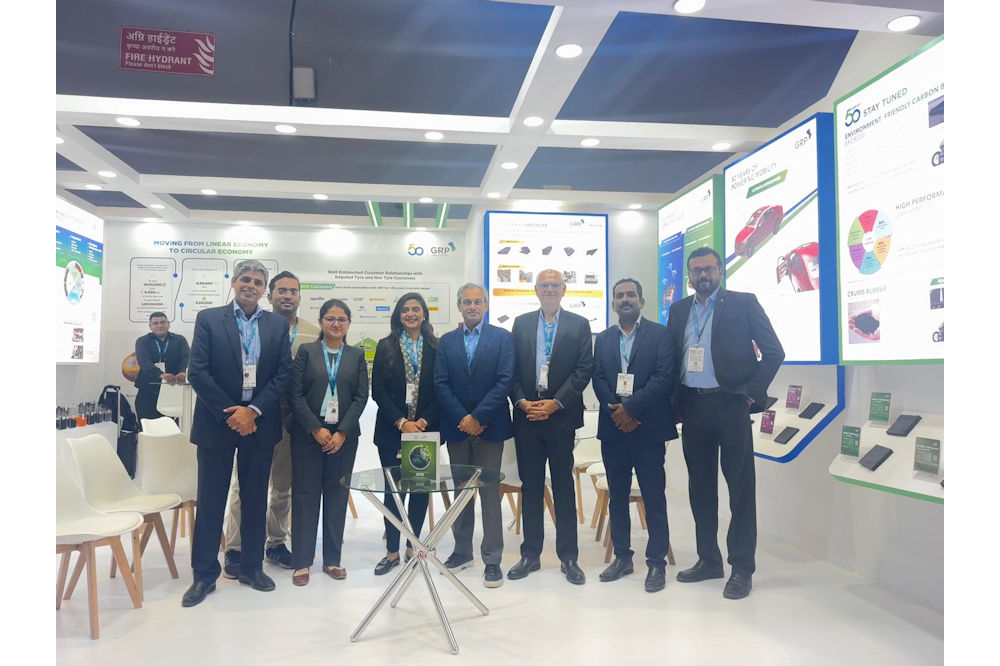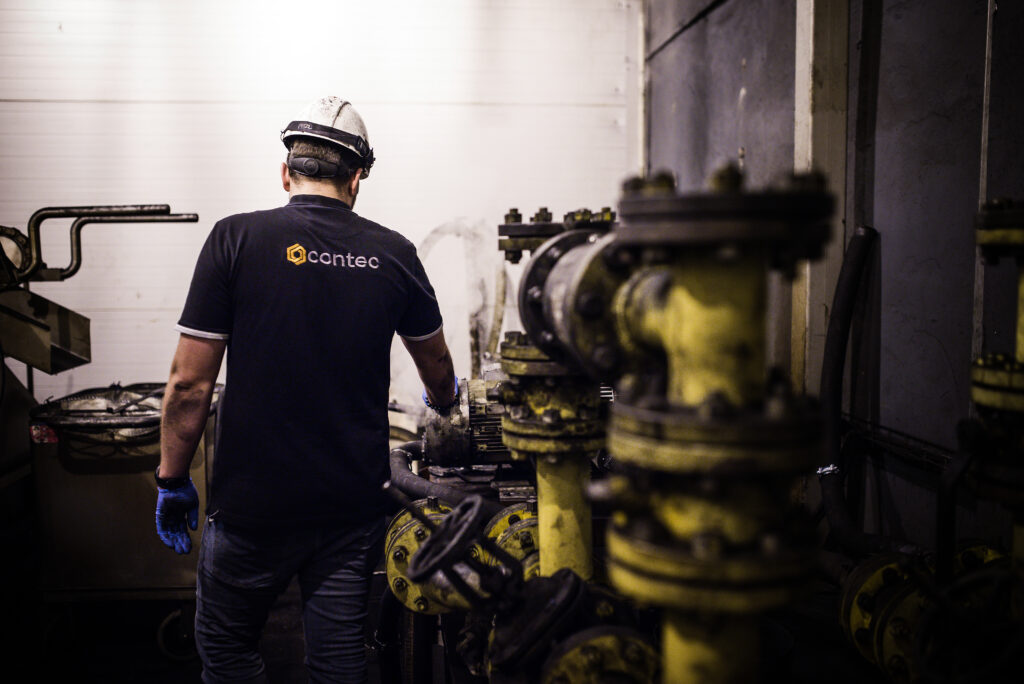Alliance for the Future of Tires (AZuR) is committed to the tyre circular economy which contributes to the sustainable mobility transformation, reduces waste and CO2 emissions and keeps valuable raw materials in circulation in a climate-friendly way
The circular economy is considered one of the key strategies for resource conservation, reducing waste and combating climate change while offering enormous potential for the environment and the economy. Unfortunately, the circular economy plays no role in the election campaigns. However, it is becoming more and more important in discussions with politicians.
More and more parliamentarians are supporting the circular economy. On February 12, 2025, the advantages of the tyre circular economy were on the agenda of the North Rhine-Westphalia (NRW) Ministry of Economic Affairs, with EU parliamentarian Dr. Andrea Wechsler expecting the AZuR delegation in her office in March 2025, according to AZuR’s February 2025 Newsletter.
On March 20, 2025, at the fifth AZuR partner meeting in Schkopau, Sythos expects around 80 partners from the tyre/recycling industry. The meeting aims to make various aspects of the industry visible while bringing people together through a dialogue. For the first time this year, there will be interactive World Café information islands – short discussion rounds in small groups.

